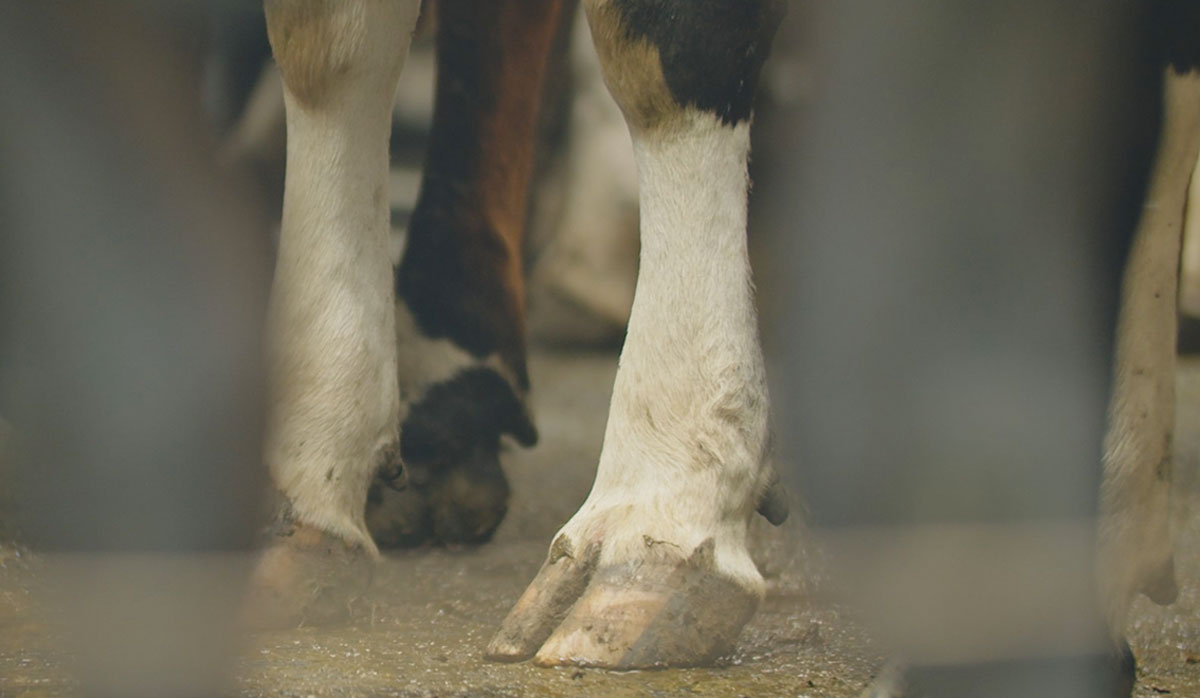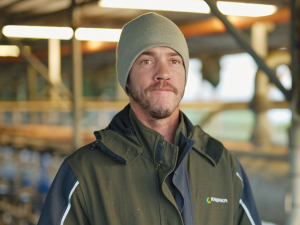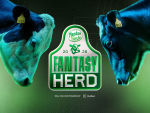Waikato farm manager Grant McLaggan knew he had a problem two years ago when a few pushy cows ended up in the pit of his 30-aside herringbone milking shed.
Cows were pushing to get to the feed bins at the bails, causing hoof injuries to some and a few unlucky ones ending up inside the pit.
“We were getting a lot of lame cows. Cows just came flying in, became pushy and started slipping,” he told Dairy News.
Grant’s dad and farm owner Lance McLaggan started looking around and bought a few samples of rubber mats. Two years ago, the McLaggans opted for Kura mats from NumatAGRI. An area of about 180 square meters of the milking parlour is now covered in Kura mats. By installing purpose-built rubber matting, they have been able to minimise slips and reduce the number of hoof injuries.
Kura mats cover the herringbone bails, as well as the entry and exit into the milking shed. The specially designed mosaic grooved pattern on the top of the mats provides the required grip to minimise slipping, while creating a comfortable and soft surface for the cows to stand on.
Grant says the days of cows falling into the pit are over. The number of lame cows has dropped and cows are much happier coming in and going out of the milk shed.
“There are less cows falling into the pit; I think we’ve had one cow slippage in the last two years,” he says.
“Lame cows are no longer a problem either. The last thing we need is trimming feet and dealing with lame cows.”
An added benefit of a rubber surface is less time and energy spent on cleaning and hosing down the surface in their shed.
“We found the product good for being able to clean easily. It’s a lot easier to hose out on the mat than it is on the concrete.”
The rubber mats have also helped regulate cow flow and created a more relaxing environment for milking.
 |
|---|
|
Lame cows are no longer a problem on the farm.
|
“Cows just seem happier coming into the shed. You’re not worried about them slipping up, other cows trying to jump over the top of them. They’re just really sure-footed. Once they get in, to milk, they stand there very comfortably.”
Along with the rubber matting on the herringbone bails, they MEdecided to also install rubber mats in the milking pit. Standing on concrete for long periods of time was becoming strenuous on the body, causing leg and back aches for the milkers. The rubber pit mats have created a softer and more comfortable surface to stand on during a day’s work.
The McLaggans milk 420 cows on the 160ha property at Taupiri and supply Fonterra. The farm has been with the family for 50 years. Grant has been managing the farm for eight years.



















